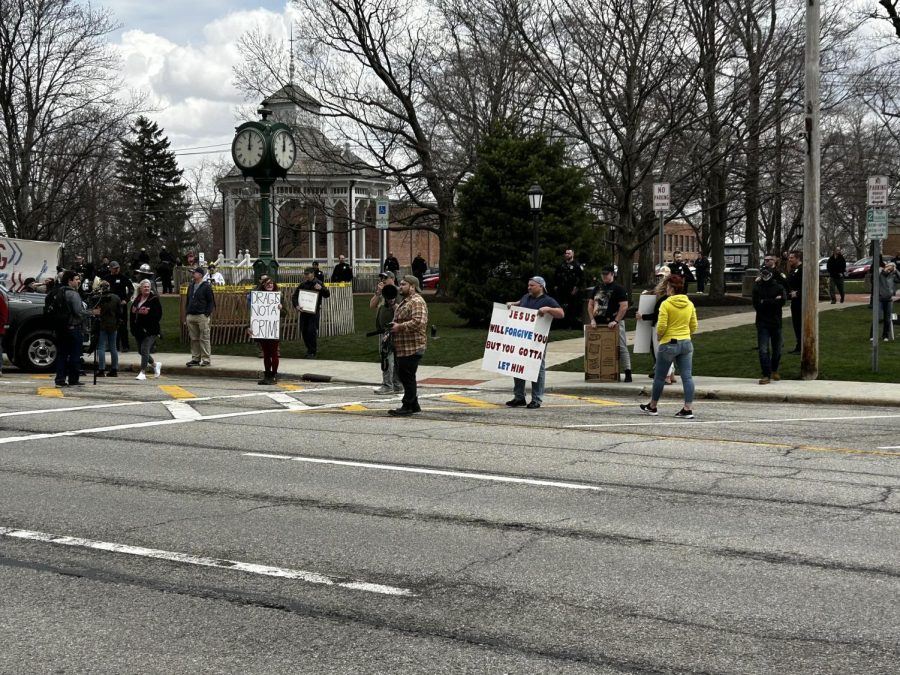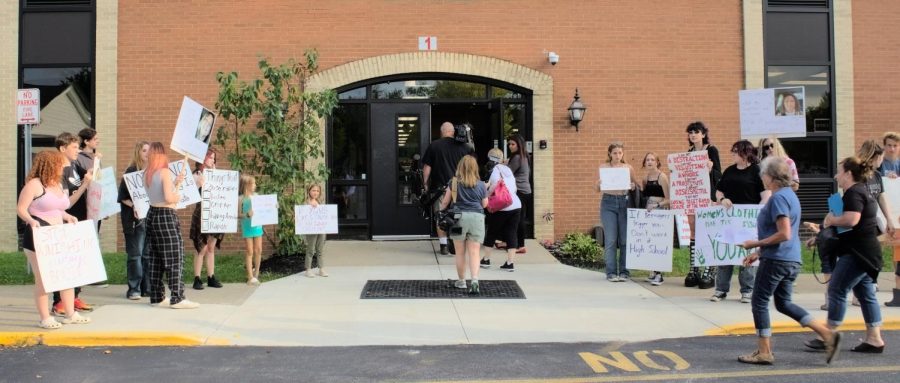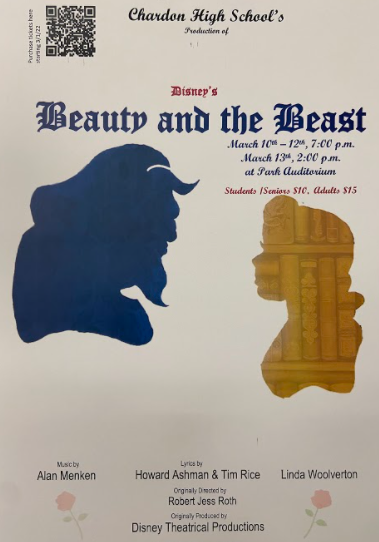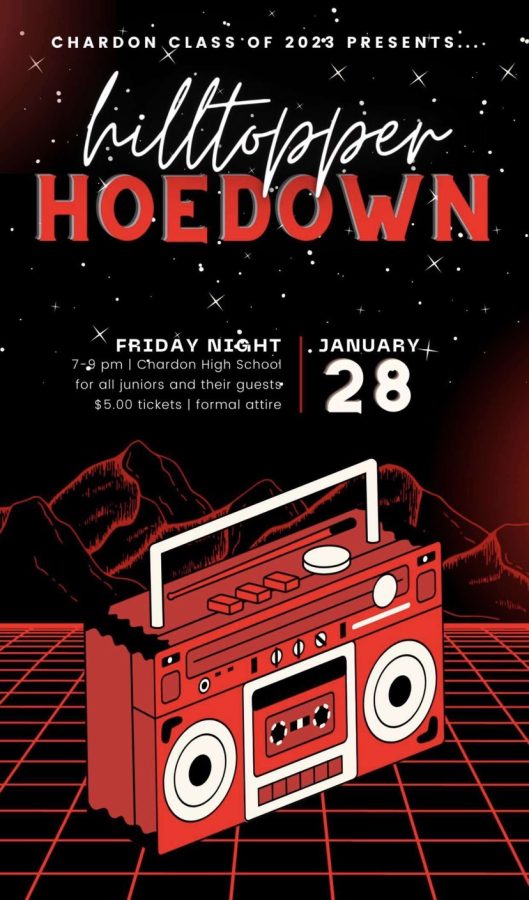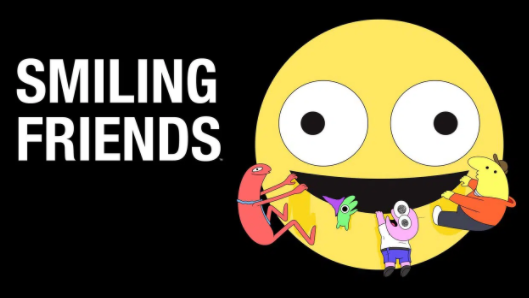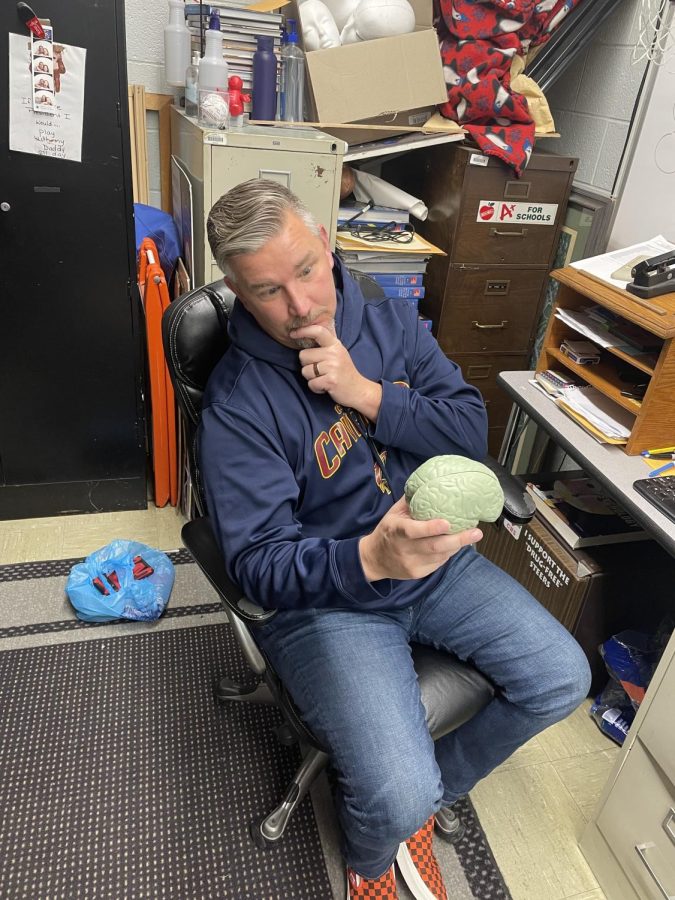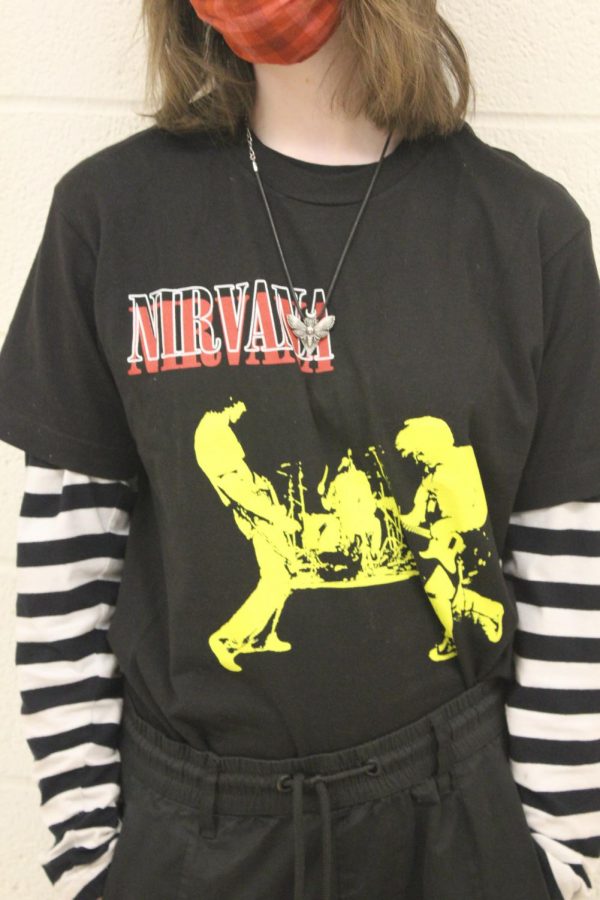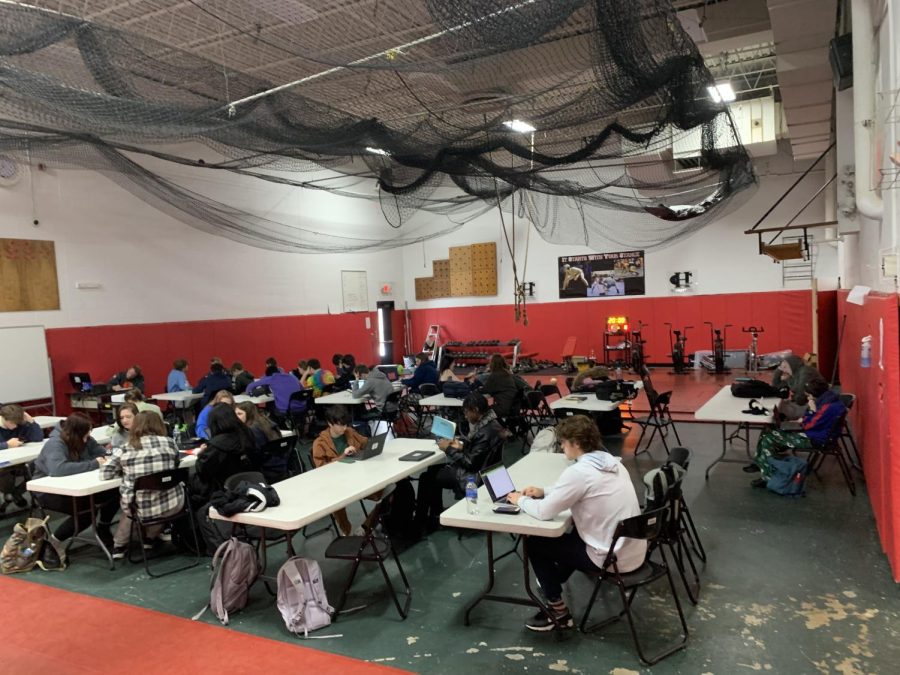They Sing Along, But They Don’t Know What it Means
Nirvana Fandom’s Sexism Paradox
May 28, 2021
My favorite part of Chardon living is the warm summer days. I dreamily skateboard on the smooth brick of the square, Nirvana blasting in the pocket of my Goodwill Hawaiian shirt. Popsicles melt in the sweltering sun and slurpees from Sheetz leave little rings of condensation on picnic tables. My reverie is suddenly punctured. Nothing day-ruining, but still annoying. Sometimes a guy will call from his car:
“Do you even listen to Nirvana, or do you just like the shirt?”
I want to ask, do you even listen to Nirvana? Do you understand what they stood for?
”Prove it! Name some of their obscure songs.”
“Prove you can skateboard, do a kickflip!”
No, I think to myself, with my thrift store clothes, deck, and 90s punk. I don’t owe you anything. I prove it in how I present myself.
Kurt Cobain, Nirvana’s lead singer, songwriter, and guitarist, would be angered by the prevalence of gatekeeping from sexists that don’t want women in “their” space or wearing “their” shirts. In Utero even includes the statement, “If you’re a sexist, racist, homophobe or basically an a**hole, don’t buy this CD. I don’t care if you like me, I hate you.”
When Kurt Cobain was young in the 70s, one thing that inspired him was how women were mistreated in his small town. Amidst brief spouts of homelessness, he did a lot of introspection. He realized that often the women of small-town American had limited lives. Their only value was becoming housewives and raising children. Cobain transformed his experience into music. He wrote about how the American Dream was a dead-end for women in “Sappy” from Nirvana’s debut album Bleach. The chorus “You’re in a laundry room” is talking from a female perspective. It’s a woman’s realization that she has wasted her life, given up everything for her husband, and is now trapped in domestic prison.
In “Been a Son” he talks about how some fathers resent their daughter for not being a boy. They supposedly won’t have someone to throw the pigskin around with or talk to as “she should have been a son.”
“Pennyroyal Tea” is about the termination of a pregnancy from the perspective of a female. Women who struggle with this are often demonized so it was refreshing to see a song where they aren’t the villain. Cobain empathized with women, a rare sight with other macho grunge guys.
In Nevermind’s “In Bloom” Kurt Cobain even talks about his dissonance with his male fans and how “he likes all his pretty songs but they don’t know what it means.” They don’t understand how Cobain’s songs dig deep into the punk ethos and have feminist undertones.
Cobain was also friends with a lot of important and influential feminists such as Tobi Vail. She is a feminist activist and was a versatile member of many bands such as Bikini Kill and The Frumpies.
As one of the original Riot Grrl (a genre of female lead punk) pioneers, she helped bring feminism to alternative music.
She was the one who spray-painted “Kurt smells like Teen Spirit” which would eventually inspire Nirvana’s most popular song.
It’s an undeniable fact that Kurt Cobain’s feminist beliefs infected every part of his band. That a couple of loops of Nevermind and a Target t-shirt doesn’t mean you understand Cobain’s lyrics better than a “poser” chick. I’ll say it before and I’ll say it again, I don’t owe you anything, but you owe it to yourself to learn a little more about the band you jump to defend.

